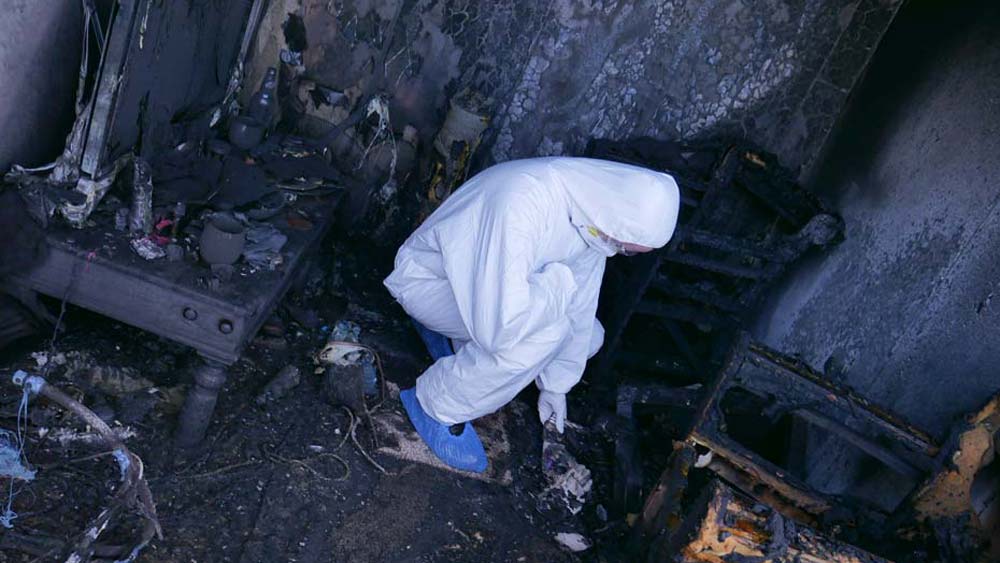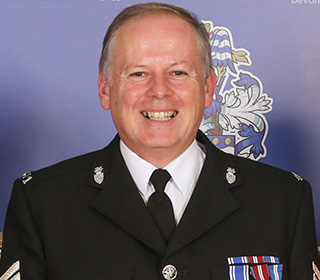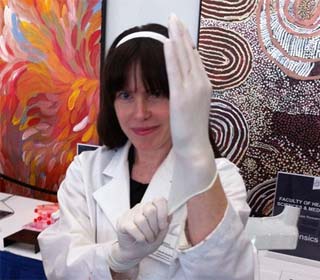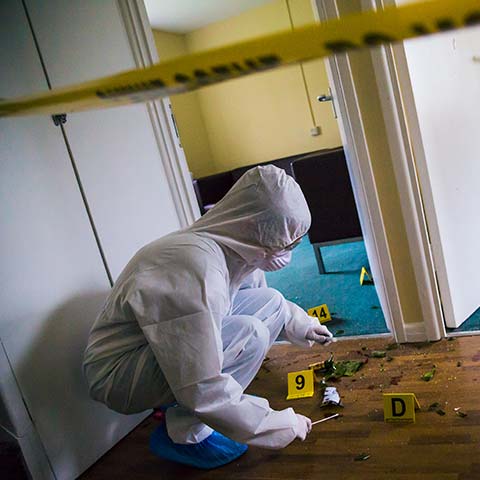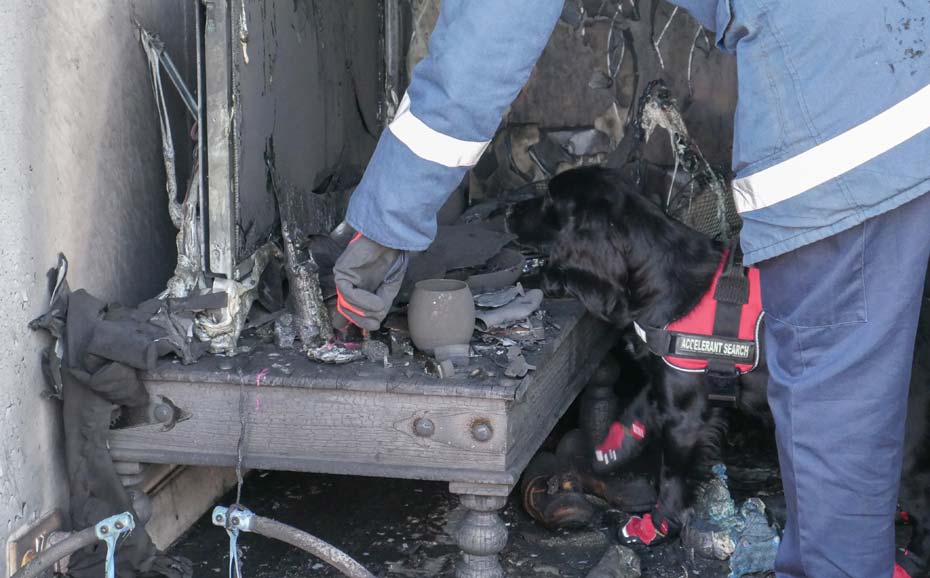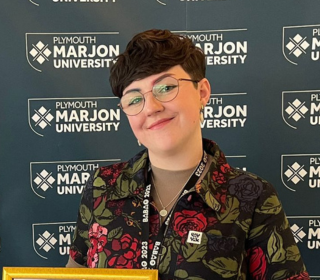1st Year
Introduction to Crime Scene Investigation
In this module you will learn what ‘evidence’ is and what it tells us. You will look at many different types of crime scenes, interpreting evidence on the spot and building up hypotheses as to what really happened. You will learn how to seize and store evidence and what CSI really means – Continuity, Security, Integrity. This module is heavily based on practicals and you will spend most of your time in our Crime Scene House using the skills which you have learned in the lectures. This module is all about getting you ‘thinking’ like and investigator and using your practical skills.
Anatomy & Physiology
The Anatomy and Physiology module aims to introduce and build a foundation of knowledge regarding the normal anatomy and physiology of the human body; with each human body system being introduced and explored, both theoretically and practically. The complex discipline of human anatomy and physiology underpins many of the forensic biology specialisms, therefore this module will enable you to gain a sound knowledge foundation upon which later modules can be built upon. The module will be taught through a series of lectures, practical sessions and tutorials
Forensic Trace
This module deals with all of that very small evidence and how it is dealt with an examined. Trace evidence such as hairs and fibres can hold a great deal of information and the examination of these items can unlock a whole investigative trail. Students will look at how this specific type of evidence is handled and also how it is analysed in the lab to get the specific details in order to get it matched with trace evidence from the same source.
Forensic Science
This module aims to introduce and build a foundation of knowledge and skills regarding the key concepts of forensic science, giving you a broad sense of the discipline. We will cover the value of the scientific analysis of evidence seized from the crime scene and what makes it valid for the courtroom.
Impression Evidence
Fingerprints are one of the most important areas of forensic investigation and have been used to convict offenders for over 100 years. This module will teach you how to take fingerprints from people and how to lift them from the different materials in crime scenes. It will also include using lab techniques to lift latent prints of items. Once they are lifted, you have to be able to match them and this module will teach you how to do this. Other samples are also covered, such as footwear marks and tool marks, to give you many of the all-round practical skills which a crime scene investigator needs.
Criminal Law
How do we prove an offence? Every crime has certain points to prove and many have defences. This module equips students with the practical knowledge of many criminal offences and compliment their knowledge when attending crime scenes. Knowledge of the law is crucial in evaluating evidence at a crime scene as the examiner needs to know the relevance of the evidence and whether it helps to prove or disprove an offence. It is a very interesting module which will demonstrate that the law is perhaps not as clear cut as we think.
2nd Year
Forensic Anthropology
The Forensic Anthropology module aims to introduce and build a foundation of knowledge regarding key concepts of forensic anthropology. The objective of this module is to help you engage with this specialised discipline, which concerns the study of the human skeleton and how it is used within a forensic context. This will include the handling and identification of bones so that students will have the knowledge of being able to genderise, age and date bones. The module will be taught through a series of lectures, practical sessions and tutorials.
Forensic Biology
This module aims to build on a foundation of knowledge regarding the key concepts of Forensic Biology by providing a detailed introduction to some of the different kinds of evidence examined by Forensic Biologists, and the methods employed for analysis and interpretation. You will be taught aspects of Forensic Biology including bloodstain pattern analysis, DNA profiling, and body fluid analysis. DNA is such an important investigative tool today and students will learn how to profile different samples of DNA. There are some interesting practicals where students create their own blood spatter patterns and then work out how these were formed.
Crime Scene Photography
Building on from the Crime Scene Investigation module, the Crime Scene Photography module puts students back into various crime scenes and utilises their skills as evaluating evidence in order to create a visual record of the scene. Students will learn an excellent ‘life skill’ of photography as well as building on their own crime scene assessment and interpretation knowledge. This module is heavily based around practical experience and the university has some excellent camera equipment for the students to use at the university and at home to develop their skills.
Digital Forensics
Data and information stored digitally has become one of the most important areas of criminal investigation today. This groundbreaking module introduces students to the concept of digital evidence. It will teach students how to identify the different types of potential evidence when stored digitally and methods of retrieving this data, as well as presenting the evidence. The module also includes the legislation around data interrogation. This module will prepare you for entering the forensic world after graduation as the area of digital forensics is expanding rapidly.
Outdoor Investigations
Many crime scenes occur in open spaces, especially where evidence or bodies are disposed of. This module will teach students what to look for when checking areas of open ground, how the ground may have been disturbed and being able to explain why. The module will also include digging where the suspected evidence is found and using the correct techniques, including photography. It will include vehicular crime scenes, including serious road traffic collisions.
Research Methods
Research Methods is a very practical module, and an opportunity for students to really grow their data literacy - an area that is in high demand. Students will learn how to conduct a real world research project from start to finish, how to use the right software for data analysis, and how to communicate their findings. This module will also give students room to explore their philosophy of forensic and social science, and reflect on deeper questions about the nature of knowledge. This module will also prepare students for the research that will be required for their final year dissertation
3rd Year
Specialized Forensics
There are many different areas where forensic evidence is used to get to the truth. This module covers some of those specialized areas such as fire investigation and ballistics. Guest lecturers will attend to teach their specific areas of expertise and there is an excellent opportunity to investigate a fire through the on-campus fire event where a bedsit is set alight and students observe how the fire behaves and then go into the scene to check the patterns left behind and also to seize evidence from within.
Case Assessment and Interpretation
This module teaches the tools needed to interpret the analysis of forensic evidence in a case which involves forensic evidence. Students will learn about Bayes Theorem, DNA statistics and the Hierarchy of Propositions. This helps to give students the confidence to present their evidence as an ‘expert’ and demonstrates the importance of understanding the ‘validity’ of forensic evidence when it is used in court. One of the useful life skills is gained by presenting the evidence in a mock court setting as an expert witness.
Practical Policing Investigation
As well as forensic evidence, there are many other aspects of an investigation. In this module, many of the skills and abilities learned in previous modules will be utilised along with learning about those other areas where evidence can play a key role, such as from witnesses and suspects. Students will learn how to deal with witnesses and victims, in getting the best evidence from them using police interview techniques. Students will also learn about the legislation around dealing with suspects (Police and Criminal Evidence Act) as well as techniques around interviewing suspects and undertake practicals in our suspect interview rooms. Students will undertake a more thorough investigation and put it all together in a presentation.
Mass Disaster Victim Identification
The Mass Disaster Victim Identification module introduces the stages, principles and applications of the Disaster Victim Identification (DVI) process and the role it plays in facilitating the identification of disaster victims. Integral to this module is an understanding of the roles and responsibilities of the multi-agency response to mass disasters; management and logistics; primary, secondary and assistance methods of victim identification as well as an understanding of both the ante-mortem and post-mortem processes and procedures. This module will be taught through a series of lectures, practicals and tutorials.
Honours Project
The honours project is a piece of work for each student to explore a specific area of interest to them in forensic investigation. Students will utilise all of the skills and knowledge which they have obtained over their time on the course to look at an area within forensics where their research can help to identify possible developments in this quickly changing world. There will be opportunities to explore their ideas with some of the partners which Majon have developed to continue the ‘real world’ feel of the programme.
